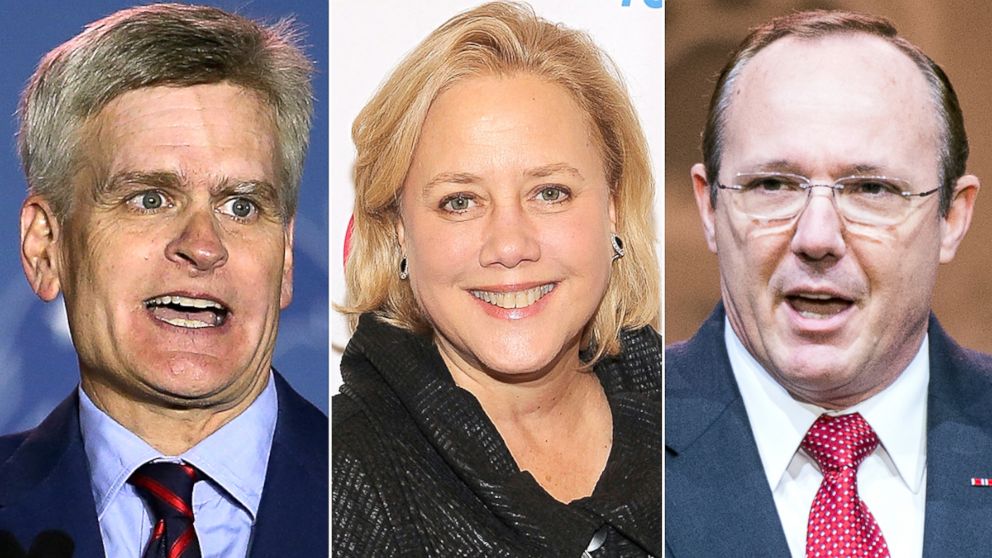Why Control of the Senate May Not Be Known Until December
There's a Chance That Louisiana May Hold the Key in battle of GOP v. Democrats.

— -- Election Day is November 4, but we may not know until December whether Democrats or Republicans will control the Senate in 2015.
It could all come down to Louisiana, where Sen. Mary Landrieu – the last Democrat holding a statewide office in the increasingly red Creole State – is making a bid for a fourth term, with polls showing her neck-and-neck with her leading Republican challenger, Rep. Bill Cassidy.
Louisiana doesn’t have a traditional party primary system; instead, the primary and general election are held on the same day in what is known as a “non-partisan primary,” referred to informally as a “jungle primary.” All qualified candidates run at once, and if no one candidate wins over 51 percent of the vote on November 4, the election will proceed to a December 6 runoff between the two candidates with the most votes.
So in a year filled with close Senate races, one of the most hotly contested may not be over for an extra month. Analysts have predicted that a Republican takeover of the Senate is within reach, and if control of the upper chamber remains up for grabs on election night, the nation could be left watching and waiting for Louisiana’s race to end.
The chances of a runoff between Landrieu and Cassidy are likely increased by the presence of a third candidate on the ballot: tea party favorite and political newcomer Col. Rob Maness. Friday marks the close of the candidate sign-up period in Louisiana, and with Maness expected to qualify as a Republican, the stage is set for a three-way race in November.
Maness is not considered a serious contender by the measures of fundraising and polling, but the presence of a third candidate in the already tight race makes a runoff “pretty certain,” according to Pearson Cross, the head of the political science department at the University of Louisiana at Lafayette.
“If Landrieu and Cassidy were mano a mano and someone was going to get 50 percent plus 1, I think you know that would make things a little clearer for both candidates,” Cross told ABC News. “With Maness in the race, it makes it hard for one of those candidates to get over 50 percent.”
In a midterm season in which Democrats are playing defense in an effort to maintain a narrow majority in the Senate, it’s not inconceivable that Louisiana could become the final outpost.
In that unlikely-but-possible scenario, extra attention and money would almost certainly pour into the state.
“Let’s imagine it’s Wednesday after Election Day and the Senate has 49 Democrats and 50 Republicans elected,” said Michael Malbin, the executive director of the Campaign Finance Institute. “In that situation, the runoff election will decide control of the Senate and in that case, everyone will have a stake in the election, because control of the institution will turn on it.”
Under that situation, Malbin said the “sky is the limit” when it comes to how much money independent groups might spend on the race.
“It’s impossible to predict how much independent spending would occur in that final month,” he said. “But you can only expect that anyone with a stake in public policy will spend as much as they can. You can imagine some sort of record would be set.”
Louisiana’s race may find some clarity soon.
The passing of the qualification period also marks the beginning of the formal campaign season in Louisiana, when average voters begin to tune into the political chatter and do their homework on the candidates.




